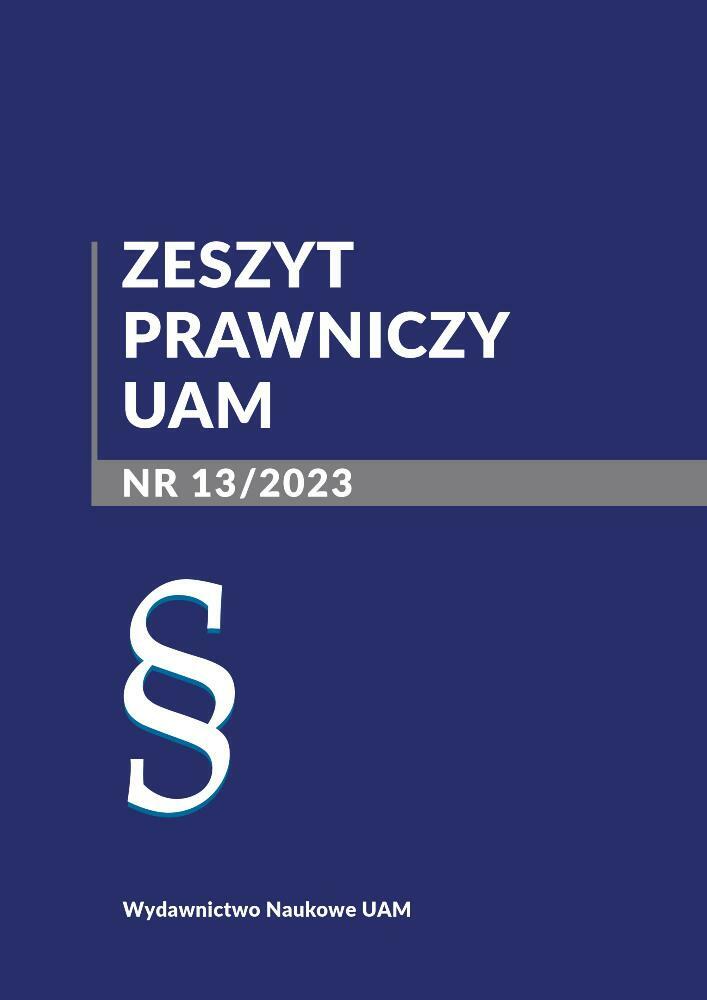Abstract
This paper is intended to demonstrate threats and the state of uncertainty caused by a legal regulation, concerning a bond in Polish criminal proceedings. Author raises the following issues: a potential contradiction of the aforementioned amendment to the Polish Constitution and European Convention on Human Rights, the effects of this regulation on the state expenditure and the usage of other preventive measures in criminal law, especially temporary arrest. According to the author, introduced legislation might be applied diversely due to the possibility of contrasting interpretation. Furthermore, this paper contains thoughts on purposes of these amendments and consequences of their application in a new form.
References
Boratyńska, K., Czarnecki, P., Koper, R. (2023). Komentarz do art. 266, [w:] A. Sakowicz (red.), Kodeks postępowania karnego. Komentarz, LEX/el.
Garlicki, L., Jarosz-Żukowska, S. (2016). Komentarz do art. 64, [w:] L. Garlicki, M. Zubik (red.), Konstytucja Rzeczypospolitej Polskiej. Komentarz. LEX/el.
Izydorczyk, J. (2002). Stosowanie tymczasowego aresztowania w polskim postępowaniu karnym. Kraków.
Karlik, P. (2016). Poręczenie majątkowe w polskim procesie karnym. Warszawa.
Rynkun-Werner, R. (2021). Poręczenie majątkowe po nowemu – kilka uwag na tle projektu nowelizacji kodeksu postępowania karnego ze stycznia 2021 r. „Palestra” 5: 16–29.
Tuleja, P. (2021). Komentarz do art. 31, [w:] P. Tuleja (red.), Konstytucja Rzeczypospolitej Polskiej. Komentarz. LEX/el.
Zubik, M., Sokolewicz, W. (2016). Komentarz do art. 2, [w:] L. Garlicki, M. Zubik (red.), Konstytucja Rzeczypospolitej Polskiej. Komentarz. LEX/el.
License
Copyright (c) 2023 Kosma Łyczewski

This work is licensed under a Creative Commons Attribution 4.0 International License.

